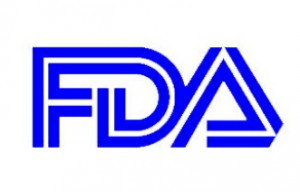On June 4, 2012, the USDA started requiring facilities to test beef trim for six non-0157 shiga toxin-producing E. coli bacteria (STEC). The USDA’s Food Safety and Inspection Service (FSIS) has issued Notice 40-12 about non-0157 STEC testing to clarify some points in the new test.
 On September 2, 2012, 90 days after the testing implementation, plants must re-evaluate their Hazard Control and Control Point (HACCP) systems if they have positive tests and the hazard is not addressed in their current plan.
On September 2, 2012, 90 days after the testing implementation, plants must re-evaluate their Hazard Control and Control Point (HACCP) systems if they have positive tests and the hazard is not addressed in their current plan.
Six non-0157 STECs, 026, 045, 0103, 0111, 0121, and 0145, cause about 110,000 illnesses in the United States every year. In fact, there is currently an outbreak of E. coli 0145 that has sickened 11 people in four states and killed a toddler in New Orleans. These bacteria produce shiga toxins that cause hemolytic uremic syndrome and other serious complications, including heart attack, kidney failure, stroke, and severe anemia.
Children under the age of 5 are most at risk for complications from these bacteria. The bacteria are found in the guts of cattle and other mammals, and are found in meat products when feces contaminate the food during slaughter. Cross-contamination from animal products, waste, and by-products is another form of transmission.
In January 2012, the USDA announced the expanded testing was to begin in March 2012, but the process was delayed by three months in February 2012.
After a positive test result, inspection program personnel (IPP) will “verify that establishments have validated their HACCP plans and that they are controlling for the relevant non-0157 STECs in beef manufacturing trimmings,” according to the Notice. When a positive test result is received, IPP will address and assess sanitary dressing procedures and process controls, including “decontamination and antimicrobial intervention treatments.”




